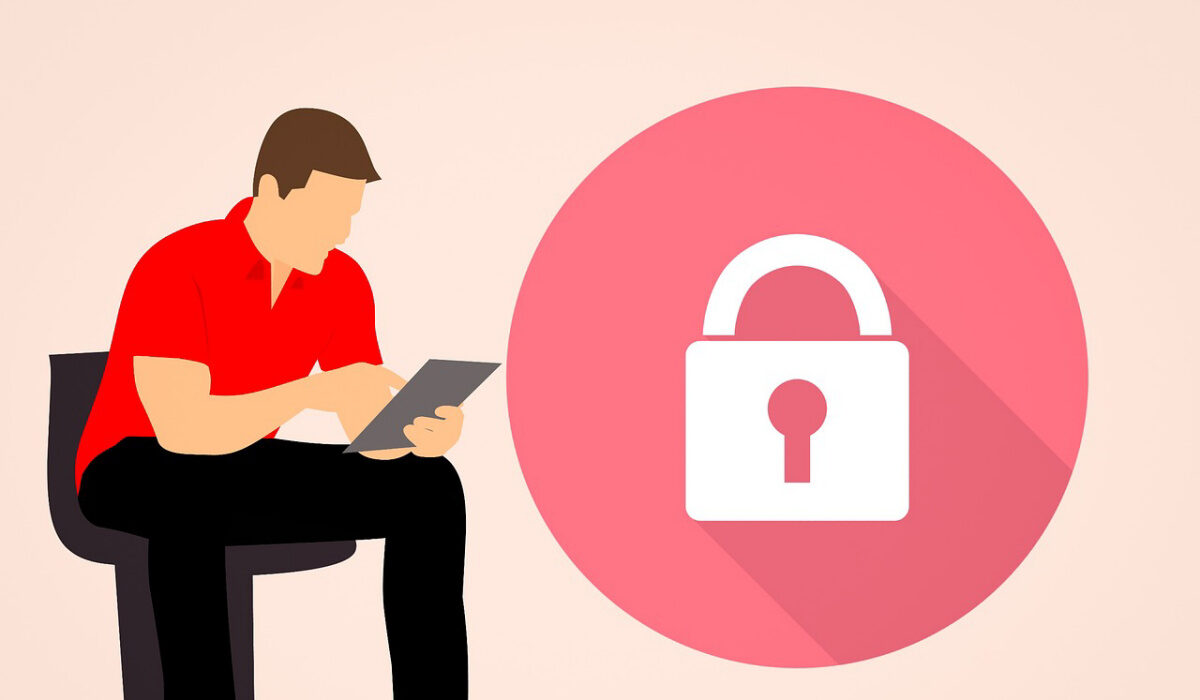A VPN (virtual private network) is a service that protects your internet connection and privacy online by creating an encrypted tunnel for your data to flow through when you are doing something online, especially on a public Wi-Fi. It can also be used to bypass location/region restrictions. You already likely know all of these, anyway, and you are here to find out what the advantages and disadvantages of using free VPNs and paid VPNs are. Let’s dive into that right away, then.
There are several key differences between Free VPNs and paid VPNs. As a rule, free VPNs have more limited features and slower speeds than paid VPNs. You will also more likely find that they have data caps and user restrictions. A free VPN may also display ads or sell user data to third parties to generate revenue. Remember that those behind the service have to cover their costs somehow, if the service is free of charge to you. Free VPNs may also not have the same level of security and privacy protections as paid VPNs.

Lastly, as a mobile phone user, for example, you want a VPN that supports your smartphone. If you own a Windows PC or Mac computer, you will also want to be able to use it on that. A free VPN is less likely to offer all the extras that you need.
A paid VPN, on the other hand, will generally offer more advanced features, faster speeds, more devices, and higher levels of security and privacy. It will likely have more server locations to choose from. A paid service is also likely to provide you with better customer support. Being able to have a real human attend to you when you run into a hitch is a prized experience in today’s world.
In general, a paid VPN service is considered more reliable and secure than a free one, because, yes; in life, you get what you pay for (most times). However, these are loose, general differences, and the reality differs from each service to the other. In other words, there are some free VPN services that are reliable and secure at a top level. I recommend that you do some snooping around: read user reviews, especially, to find out what those who have used these services have to say about them.
Advantages and Disadvantages of Free VPNs and paid VPNs compared
Here are the pros and cons of each type of VPN in tabular format below for easy comparison. Again, note that these differences do not apply the same way across board. Despite the generic differences, some free VPNs are really good and reliable.
| Free VPNs | Paid VPNs |
|---|---|
| No cost to you | Requires a monthly or annual subscription, with varying prices |
| Limited features e.g. limited devices, server locations | More devices, more features |
| Slower speeds | Faster speeds |
| Data caps/limited bandwith | No data restrictions/unlimited bandwidth |
| Usage restrictions | Fewer restrictions |
| May display ads or sell user data | No ads |
| Weaker security and/or privacy | Stronger security and/or privacy |
| Often great for basic, personal usage | Often preferable for more mission critical use e.g. business, corporate, etc. |
It is important to keep in mind that while a free VPN can be a convenient option, it may not be the best choice for you if privacy and security are at the top of your needs, especially if you need these for mission-critical online activity. You should consider signing up for a paid service, as a paid VPN is generally considered more reliable and secure. Don’t just jump on something because it is free; sometimes it comes to bite you in the behind later.
In closing, I shall leave you with a few examples of free VPNs and paid VPNs, some of which I have used, personally. Available free VPNs include: Proton VPN, TunnelBear, Atlas VPN, Windscribe, and Opera. Some paid VPNs include: NordVPN, ExpressVPN, and Surfshark. There are tons more out there, so feel free to search till you find one that is just perfect for you.
- Don’t miss our mobile phone reviews.
- Join our WhatsApp Group, to be notified of the most important articles and deals,
- Follow us on Instagram, Facebook, Twitter, and YouTube.

